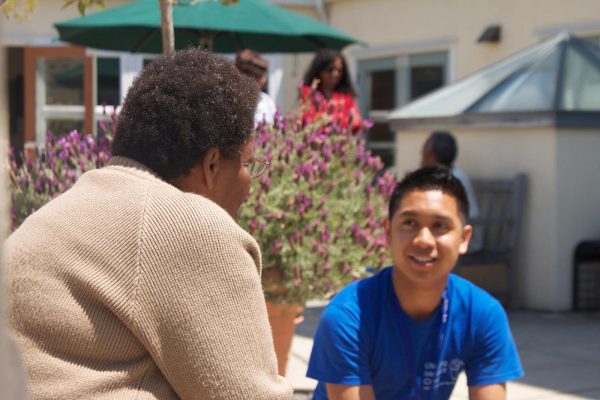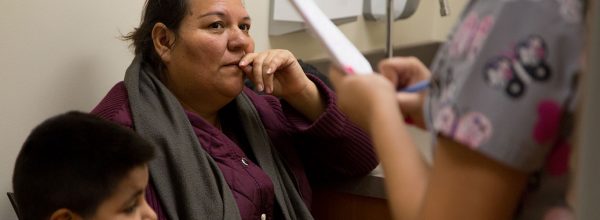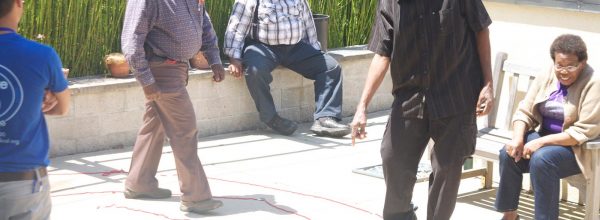How can we engage patients beyond the advisory council?
In this webinar on innovative models of patient engagement, our speakers include:
- Dr. Tara Kiran, an actively practicing family physician in the St. Michael’s Hospital Academic Family Health Team where she is also the Quality Improvement Program Director and Chair of the Board of Directors.
- Sarah Eaton, Deputy Client Officer for the Colorado Department of Health Care Policy and Financing, working to implement changes in policy, process and technology in order to improve the member experience along all touchpoints.
- Emily Mowrer, a virtual advisory council member for the Colorado Department of Health Care Policy and Financing. She currently teaches English as a Second Language to refugees and immigrants at Emily Griffith Technical College.
This talk is facilitated by Dr. Anjana Sharma, a primary care research fellow at the UCSF Center for Excellence in Primary Care (CEPC). Her research focuses on patient engagement within quality improvement activities. Hosted in partnership with CEPC, with support from Blue Shield of California Foundation, this webinar is part of an ongoing series on patient engagement.
WHO SHOULD WATCH THIS WEBINAR?
Anyone looking for strategies and tools to promote patient engagement. For practices that already have advisory councils or practices that don’t have the bandwidth for a council, we explore other opportunities to bring in patient voices.
Our big takeaways:
- To go beyond the monthly advisory council format, try a one-off “patient experience day.” St. Michael’s sent out 10,000 emails to patients, inviting them to spend a Saturday helping the Family Health Team improve medical visits. They were absolutely blown away when 355 people volunteered! To represent its diverse practice, St. Michael’s then randomly selected 36 patients based on a few demographic characteristics. The volunteers spent half the day learning about Family Health Team and the second half providing feedback on how it could improve.
- The Colorado Department of Health Care Policy and Financing, the state’s Medicaid agency, started a “virtual advisory council,” where 12 patients regularly provide feedback online. While Colorado’s in-person advisory council meets for four hours every month, these virtual members spend one to two hours every month answering surveys and posting on discussion boards. It’s more convenient for patients. But this format also allows Colorado to engage hard-to-reach populations, such as rural residents, graduate students, and people with disabilities.





